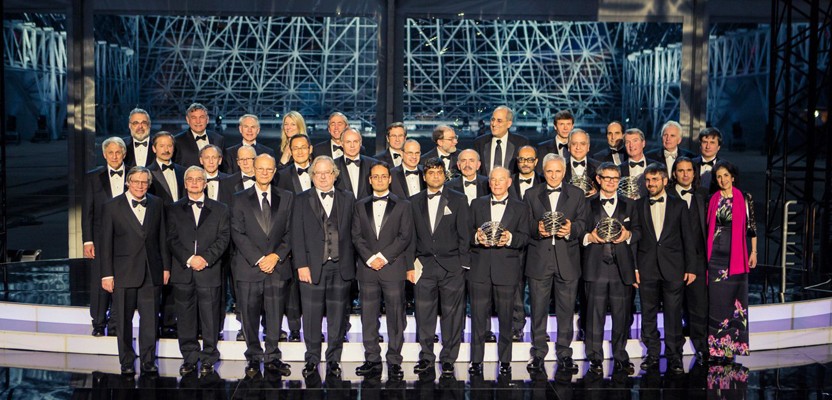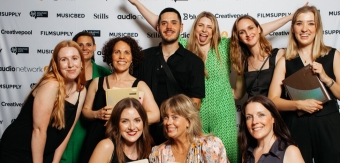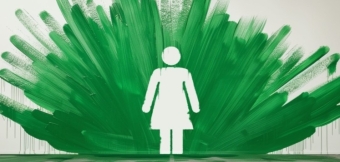Sunday night saw Silicon Valley's elite rubbing shoulders with some of Hollywood's biggest stars at the 2014 Breakthrough Prize award ceremony, which saw pioneering scientists share the £23 million prize pot. The lavish ceremony at California's Hangar One; a former airship station run by NASA, saw more than 60 biologists, physicists and mathematicians treated as rock stars, with 11 of the winners taking home $3 million a piece, more than twice that of Nobel prize winners. The event was hosted by Family Guy creator Seth McFarlane, with prizes handed out by numerous actors, actresses and science heroes.
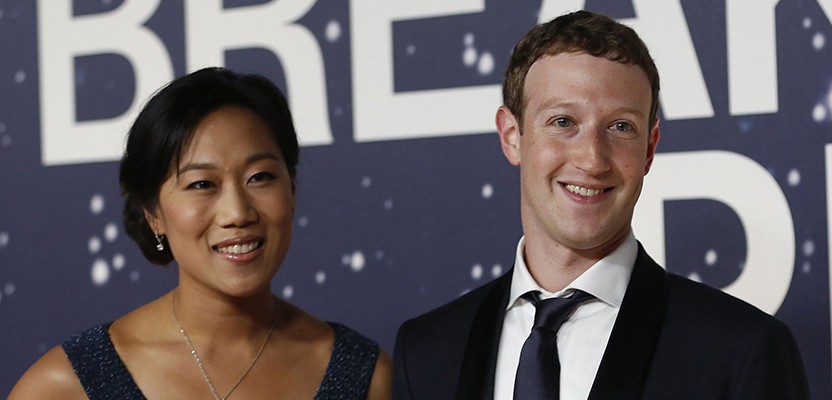
Photo: Zuckerberg
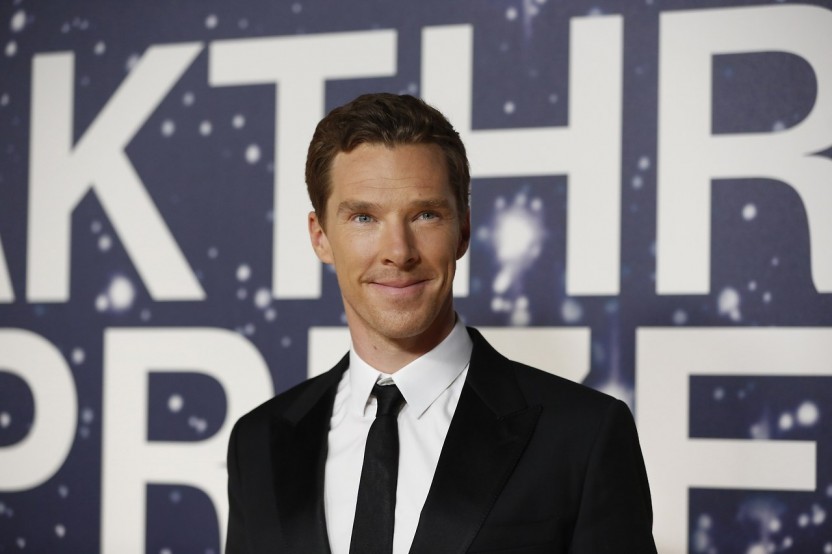
Photo: Benedict Cumberbatch
The awards began life as strictly a physics event, with nine physicists sharing the $27 million prize for their work on fundamental theory
Eddie Redmayne, who stars as Stephen Hawking (who was on the selection committee for the prize) in the recent Theory of Everything biopic quite aptly presented the prizes for physics, whilst Benedict Cumberbatch, the lead in the new Alan Turing film The Imitation Game, likewise handed out the prizes for mathematics. Cameron Diaz, Jon Hamm, Anna Kendrick, Kate Beckinsale and space pioneer Elon Musk were also on hand to give out awards to the deserving winners. Facebook founder Mark Zuckerberg also handed out prizes at the event, and said in a statement that “The world faces many fundamental challenges today and there are many amazing scientists, researchers and engineers helping us solve them.” He believes “This year’s Breakthrough prize winners have made discoveries that will help cure disease and move the world forward,” and that “They deserve to be recognised as heroes.”
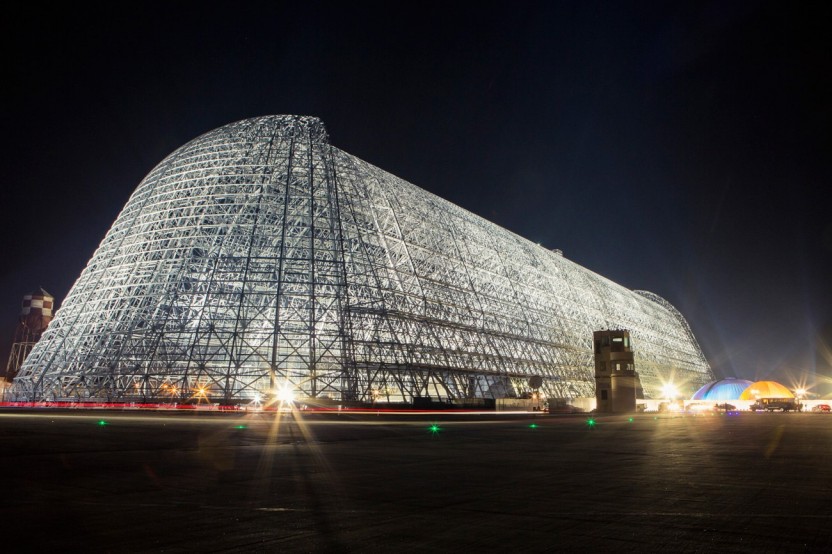
Photo: Hanger One
Footage from the Breakthrough Prize in Life Sciences symposium, which took place on December 13, 2013, at the University of California, San Francisco
The awards were established in 2012 by the Russian entrepreneur Yuri Milner, who made $1 billion through internet investments after abandoning a PhD in physics. It began life as strictly a physics event, with nine physicists sharing the $27 million prize for their work on fundamental theory. In the 2 years since, he's joined forces with the families of Zuckerberg, Google co-founder Sergey Brin and Alibaba Group founder Jack Ma (the richest man in China) to fund similar awards in the fields of mathematics and life sciences.
There were 12 prizes awarded this year; six in life sciences, five in mathematic and one to two teams of physicists
Milner said that he feels as a society, we no longer celebrate scientists in the same way we used to celebrate pioneers such as Einstein, Salk and Tesla, and that they “Would like to change that.” He said “Most of our time is spent on mundane matters,” but with these awards they “Thought about the molecules of life, the structure of prime numbers, the fate of the universe.” He called it “An uplifting occasion for everyone.” He also believes that, whilst the discoveries honoured at the awards might not have changed many lives thus far, curiosity for its own sake deserves to be rewarded, and that all the technology we take for granted today was, “Just a product of pure curiosity before it became part of our lives.” Anne Wojcicki, founder of genetics startup 23andMe and the Brin's wife, believes the awards help scientists to pursue big ideas, and that if we give more publicity and funding to these scientists, “We’ll have more big discoveries in our lifetime.”
Lana Del Rey performs at last year's awards
There were 12 prizes awarded this year; six in life sciences, five in mathematic and one to two teams of physicists. The plan is for just one prize to be awarded in each category in future years, but as the awards are still in their fledgling stages and each year's winners join the selection committee, the first two years have seen more prizes given out by design. The physics award was given to two teams who discovered that the universe is actually expanding, not shrinking as we once thought, a discovery made possible by studying the brightness of exploding stars. It's a discovery that has serious implications regarding the existence of “Dark energy,” a force that even top scientists still don't understand.
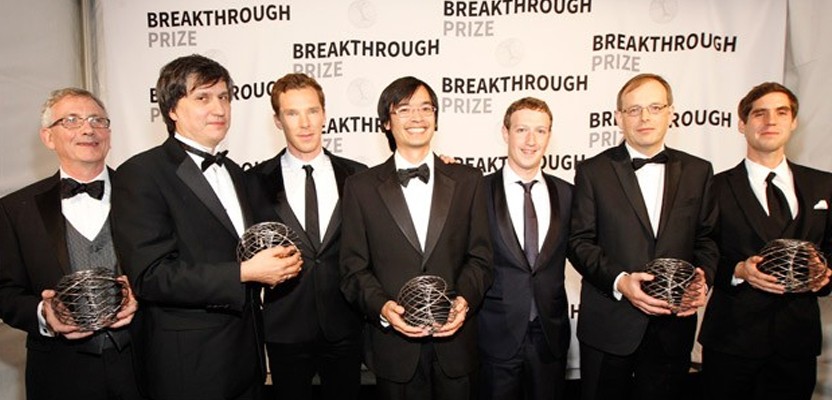
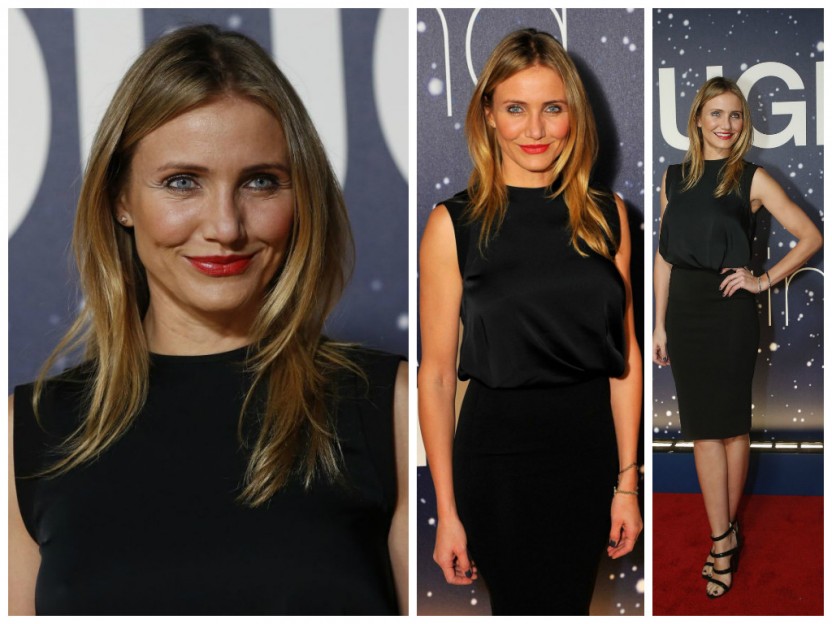
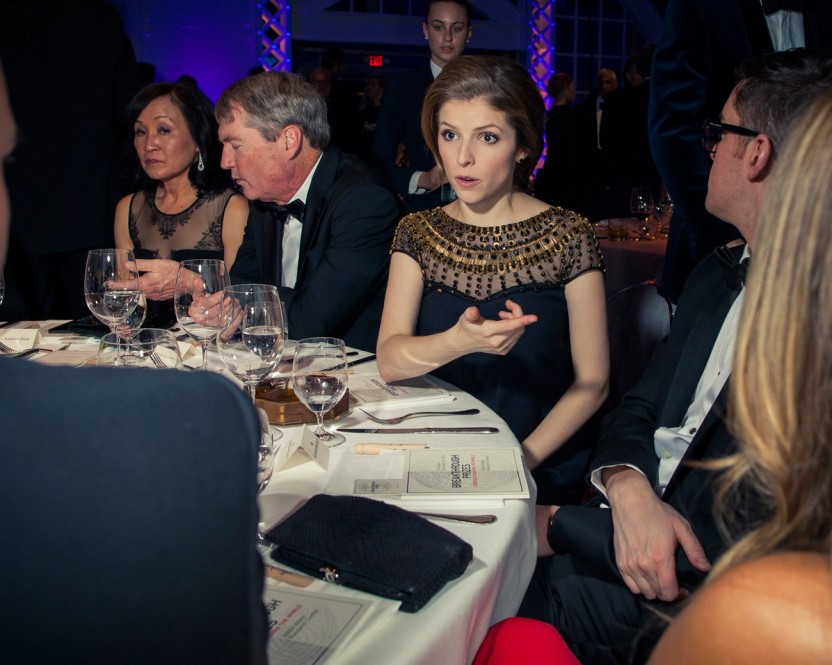
The event will be televised globally on BBC World News on November 22
The ceremony will be broadcast on the Discovery Channel and the Science Channel in the US this Saturday (November 15) and will see viewers treated to a show that marks a departure from the serious tone of the Nobel Prizes, with Hollywood-inspired touches such as a performance by Christina Aguilera. It will be televised globally on BBC World News on November 22.
A full list of winners can be found HERE
Benjamin Hiorns is a freelance writer and musician from Kidderminster in the UK who won't even begin to pretend he knows the first thing about science. He did thoroughly enjoy Interstellar recently though.

